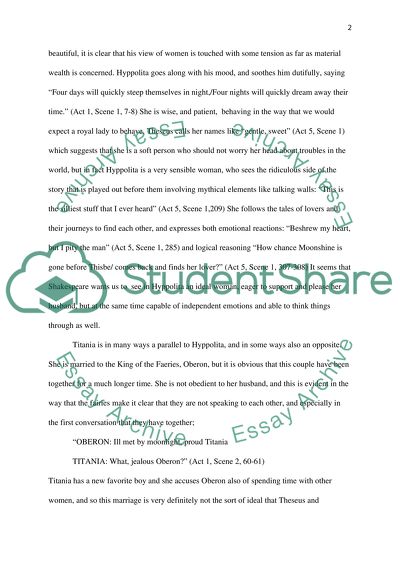Cite this document
(“Shakespeare women in A Midsummer Nights Dream Essay”, n.d.)
Retrieved from https://studentshare.org/literature/1416315-shakespeare-women-in-a-midsummer-nights-dream
Retrieved from https://studentshare.org/literature/1416315-shakespeare-women-in-a-midsummer-nights-dream
(Shakespeare Women in A Midsummer Nights Dream Essay)
https://studentshare.org/literature/1416315-shakespeare-women-in-a-midsummer-nights-dream.
https://studentshare.org/literature/1416315-shakespeare-women-in-a-midsummer-nights-dream.
“Shakespeare Women in A Midsummer Nights Dream Essay”, n.d. https://studentshare.org/literature/1416315-shakespeare-women-in-a-midsummer-nights-dream.


